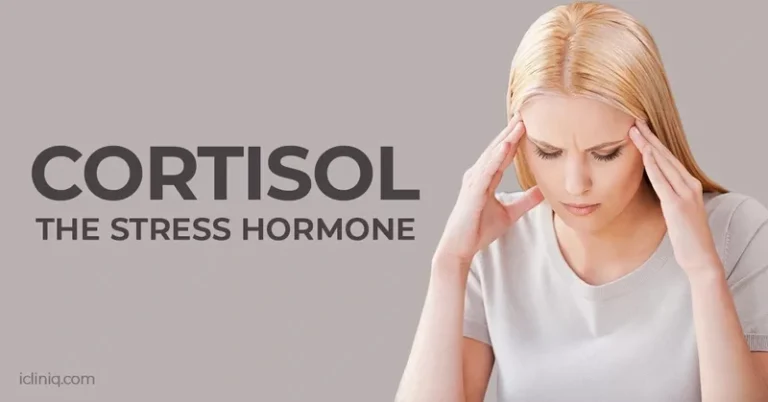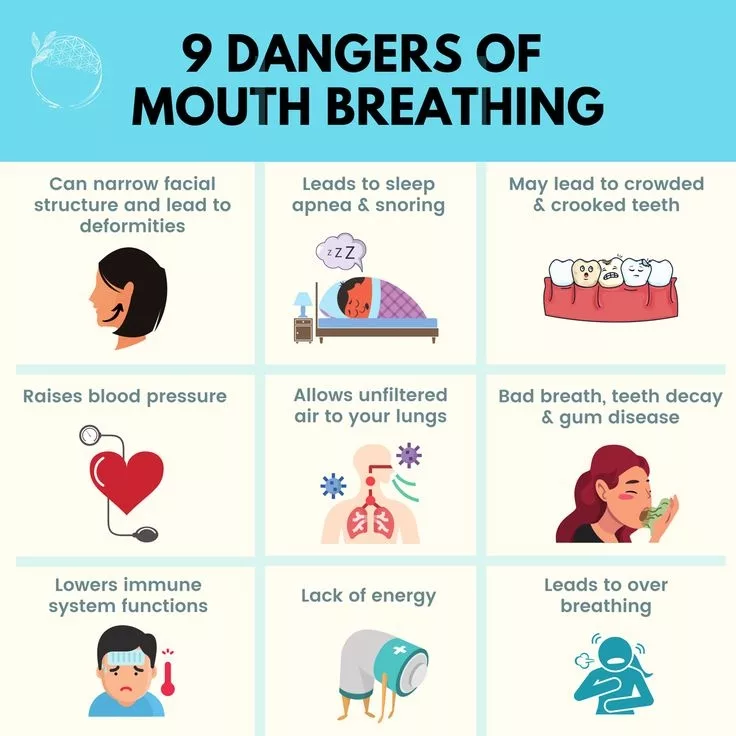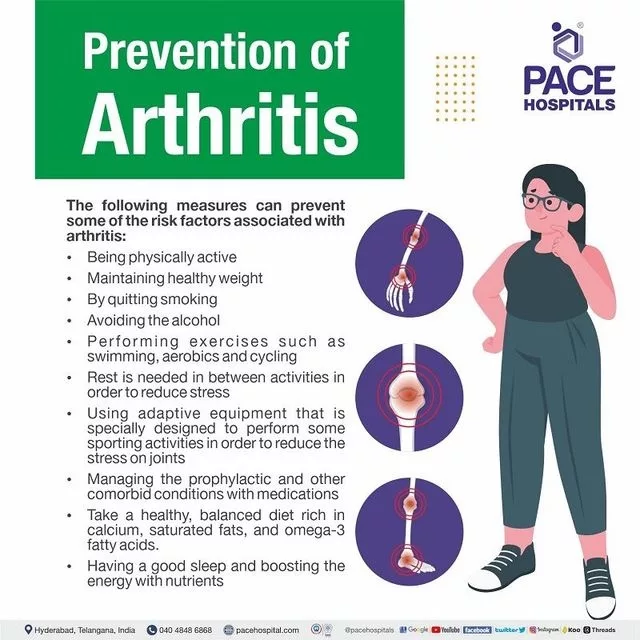Take Care of Your Health: Menopause Management Tips and Advice
Today, I want to share some health tips and advice for women. Menopause is a crucial period for women to take care of their health. Over the past few years, I’ve experienced menopause myself and learned how to maintain and manage my health during this time. Shall we explore this together?
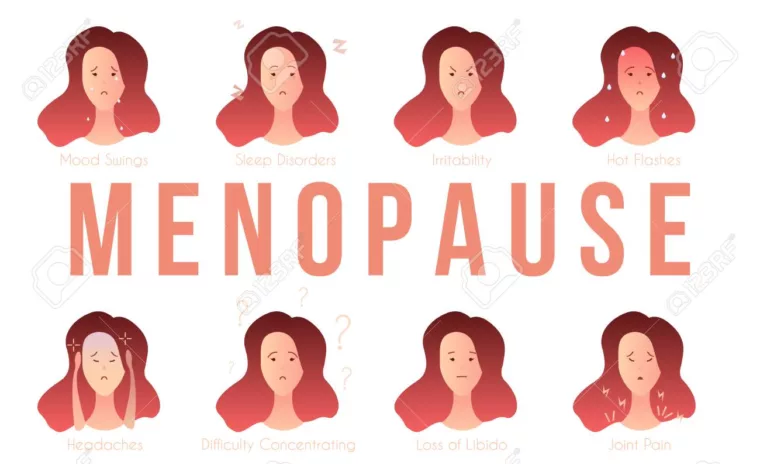
What is Menopause? Understanding the Basics
Menopause refers to the stage in a woman’s life marked by physiological changes. It usually begins in the late 40s to early 50s and is characterized by a gradual decrease in reproductive functions. Menopause comes with various symptoms and changes, causing both physical and emotional difficulties for women. During this stage, women’s menstrual cycles become irregular, the amount of menstrual blood decreases, and eventually stops.
The Impact of Menopause on the Body: Analyzing Physical Changes
Menopause brings various changes to a woman’s body. Common symptoms include memory loss, insomnia, fatigue, and other mental changes. Additionally, hormonal level changes can lead to decreased bone density, reduced muscle strength, and dry skin, among other physical changes. These changes can affect women’s daily lives and overall health.

Understanding Emotional Changes: Menopause and Mental Health
Menopause also triggers emotional changes in women. Fluctuations in hormone levels can cause feelings of depression, anxiety, and mood swings. These emotional shifts can affect women’s quality of life and relationships with family and society. Therefore, maintaining emotional health and seeking professional help when necessary is crucial.
The Importance of Nutrition: Recommended Diet During Menopause
Proper nutrition is essential during menopause. To minimize physical changes and maintain health, it’s important to consume enough nutrients. A recommended diet during menopause should include high-protein, high-fiber, and dietary fiber-rich foods. Additionally, minerals like calcium, vitamin D, magnesium, and vitamins should be sufficiently consumed.
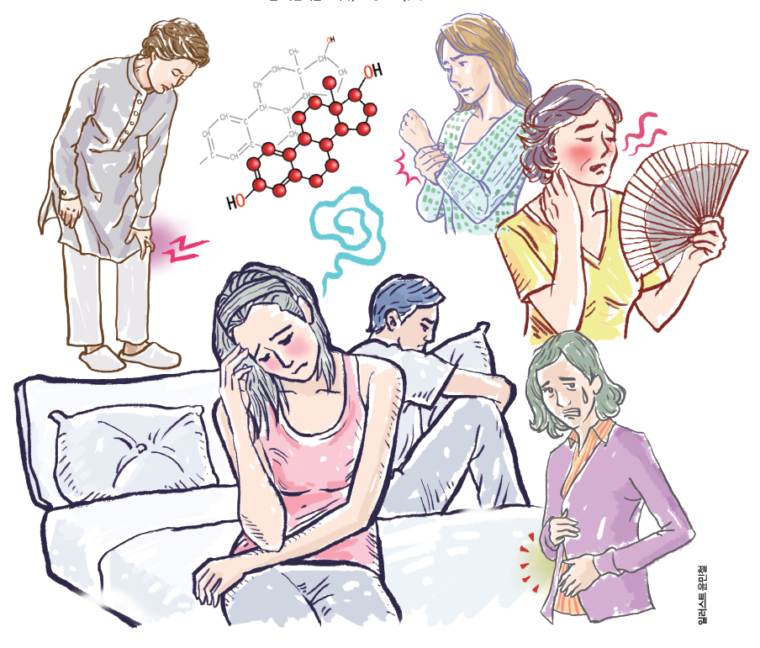
Maintaining an Active Lifestyle: Recommended Exercises and Activities
Staying active is crucial during menopause. Regular exercise can help alleviate menopausal symptoms and promote health. Aerobic exercises, strength training, and stretching for flexibility are various exercises to try. Moreover, daily activities such as walking, gardening, and housework are important to keep the body moving.
Stress Management and the Need for Rest
Stress management and rest are necessary during menopause. This period can bring various changes and challenges, increasing stress levels. Proper stress management techniques are important as stress can worsen menopausal symptoms. Sufficient rest and leisure activities are also crucial for mental stability and stress relief.

Understanding and Applying Hormone Replacement Therapy (HRT)
Hormone Replacement Therapy (HRT) can be used to alleviate menopausal symptoms. HRT regulates hormone levels to ease symptoms. However, HRT has potential side effects and risks, so it should be decided upon after consulting with a professional. The optimal HRT method should be chosen based on each individual’s situation.
Exploring Natural Supplements and Alternative Treatments
Natural supplements and alternative treatments can also be explored for menopause management. For instance, menopausal supplements can be taken to ease symptoms. Additionally, dietary supplements, natural herbs, and massages can naturally manage menopause. However, supplements and alternative treatments vary by individual, so professional consultation is needed.

Managing Menopause with Family: The Importance of Communication
Menopause is not only a concern for women but also for their families. Families should understand and support women undergoing menopause. Communication is key. Honest discussions and understanding each other’s difficulties are important. Since menopause affects the entire family, support and consideration are necessary.

Life After Menopause: Long-Term Health Management
Even after menopause, long-term health management is necessary to maintain health. Diet control, regular exercise, and stress management remain important post-menopause. Regular health check-ups and vaccinations are also necessary. Long-term health management helps maintain a healthy and happy life post-menopause.
We’ve explored ways to manage menopause and its importance. Women can improve their quality of life by positively addressing menopause, with regular medical check-ups and professional advice for a healthy menopause. 💪💃🌸🌞

